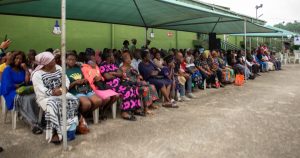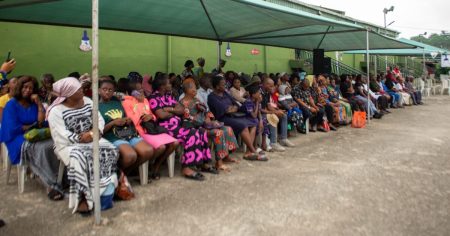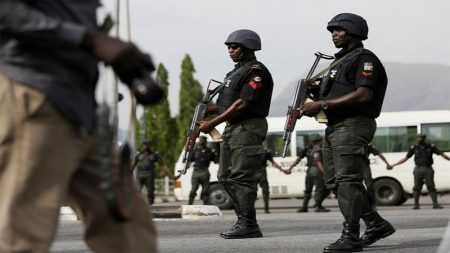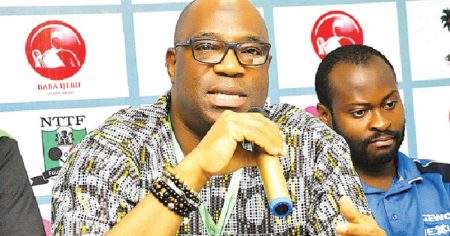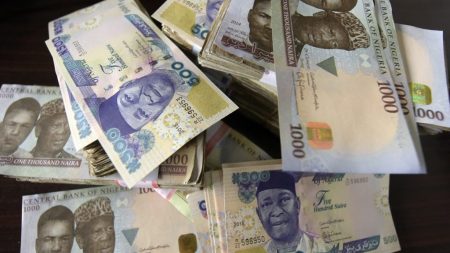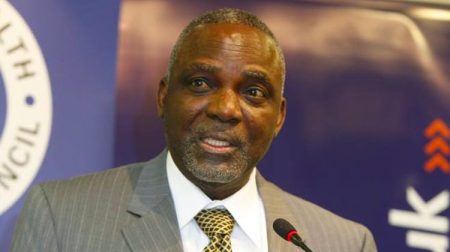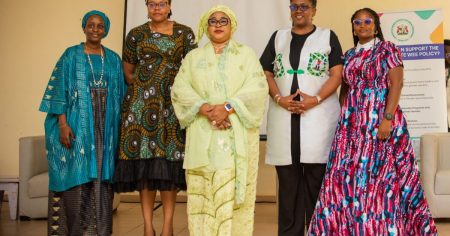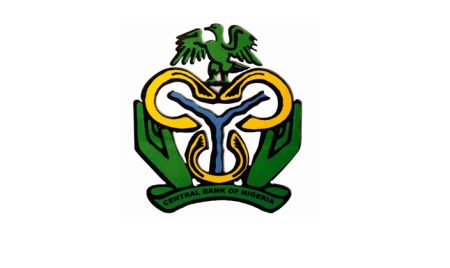The Political Legacy of Muhammadu Buhari and the Scramble for His Northern Voting Bloc
The death of former Nigerian President Muhammadu Buhari has left a significant void in the political landscape, particularly within the All Progressives Congress (APC), the party he led to victory in 2015 and 2019. Buhari commanded a devoted following in northern Nigeria, often referred to as a “cult-like” following, translating into a consistent voting bloc estimated at around 12 million. This bloc played a crucial role in his electoral successes, and now, with his passing, both the APC and opposition parties are vying to inherit this substantial political capital. The question remains: who will capture the loyalty of Buhari’s supporters in the upcoming 2027 elections?
Buhari’s political journey, marked by five presidential bids between 2003 and 2019, showcased his enduring appeal in the North. Despite losing three times before his eventual victories, he consistently garnered significant votes from states like Kano, Katsina, Kebbi, Sokoto, Zamfara, Jigawa, Kaduna, Bauchi, Yobe, Borno, Gombe, and Niger. This consistent support base, often exceeding 12 million votes, solidified his image as a regional champion and underscored the importance of the northern vote in Nigerian presidential elections. Now, with Buhari gone, this established voting bloc is up for grabs, creating a complex political dynamic as parties strategize to appeal to these voters.
The APC faces a significant challenge in retaining Buhari’s support base. Even before his death, cracks were appearing within the party, with several key figures, including former ministers and governors, distancing themselves from the APC. The Congress for Progressive Change (CPC) bloc, a key component of the APC coalition and Buhari’s original party, has also shown signs of potential defection, further fracturing the party’s unity and potentially weakening its hold on Buhari’s loyalists. This internal strife creates an opening for opposition parties, particularly the coalition led by former Vice President Atiku Abubakar, to make inroads into Buhari’s traditional strongholds and potentially sway his supporters.
The APC’s strategy for maintaining influence over Buhari’s supporters hinges on retaining the CPC bloc within the party. Leaders of the defunct CPC are viewed by many northern voters as Buhari’s disciples, and their continued presence within the APC might encourage loyalty among the former president’s followers. However, this strategy is complicated by the fact that several prominent CPC members, including former Secretary to the Government of the Federation Babachir Lawal, have left the APC, potentially leading some of Buhari’s supporters with them. The defection of these influential figures to the African Democratic Congress (ADC) sets up a direct competition between the APC and the ADC for Buhari’s political legacy.
The 2023 presidential election results offer a glimpse into the potential impact of Buhari’s absence. President Bola Tinubu, while victorious, relied heavily on northern votes, securing over 5 million from the region. With Buhari no longer on the scene, the APC’s ability to mobilize voters in the North in 2027 is uncertain, particularly given the reported resentment towards Tinubu’s administration in some quarters. This uncertainty underscores the significance of Buhari’s voting bloc and the high stakes involved in its inheritance. Losing a significant portion of these votes could jeopardize the APC’s chances in the next presidential election.
The competition for Buhari’s political legacy highlights the dynamic nature of Nigerian politics and the importance of regional allegiances. While some argue that Buhari’s votes were tied to his personal charisma and cannot be transferred, others believe that his supporters will follow the leaders they perceive as continuing his political vision. The future political landscape of northern Nigeria will depend on how successfully different parties and individuals can appeal to these voters, shaping the outcome of the 2027 elections and beyond. The battle for Buhari’s legacy is not just about winning votes; it’s about shaping the political future of a region and, consequently, the entire country.


